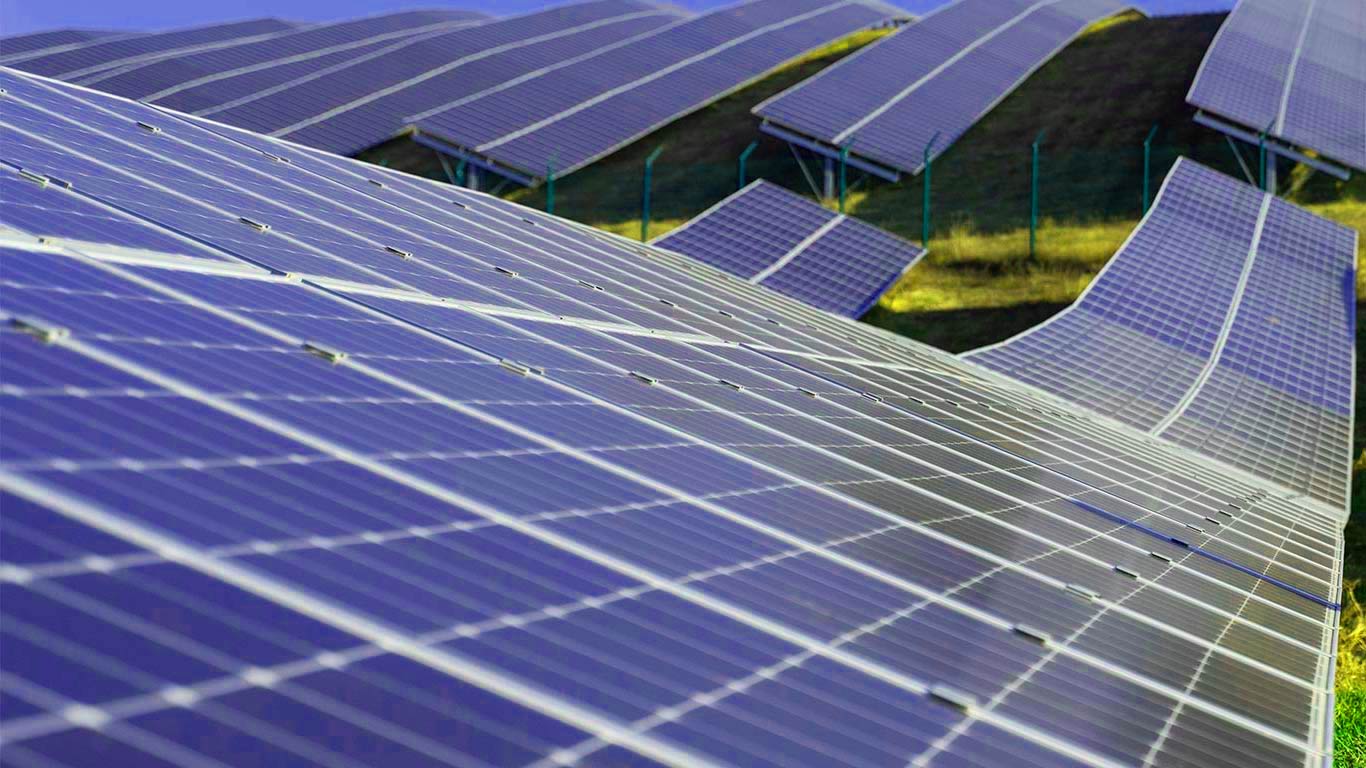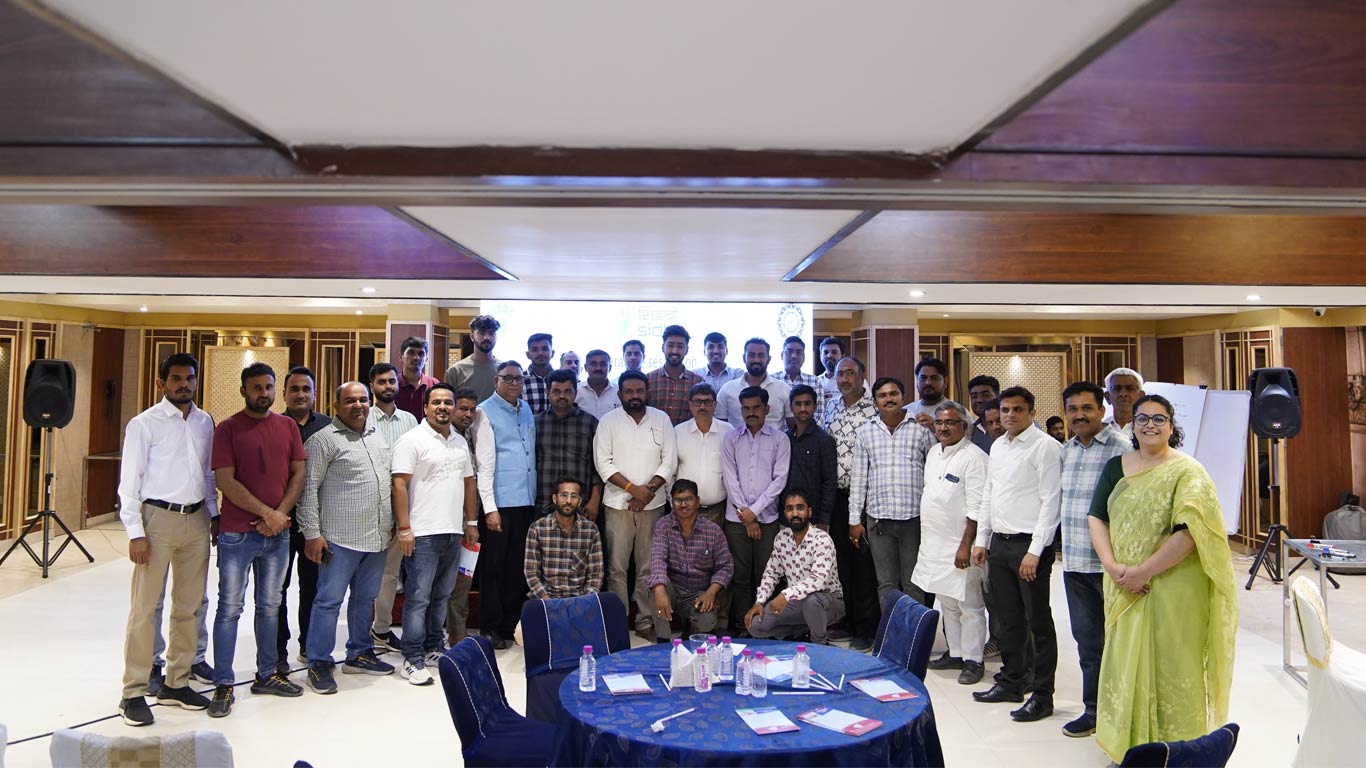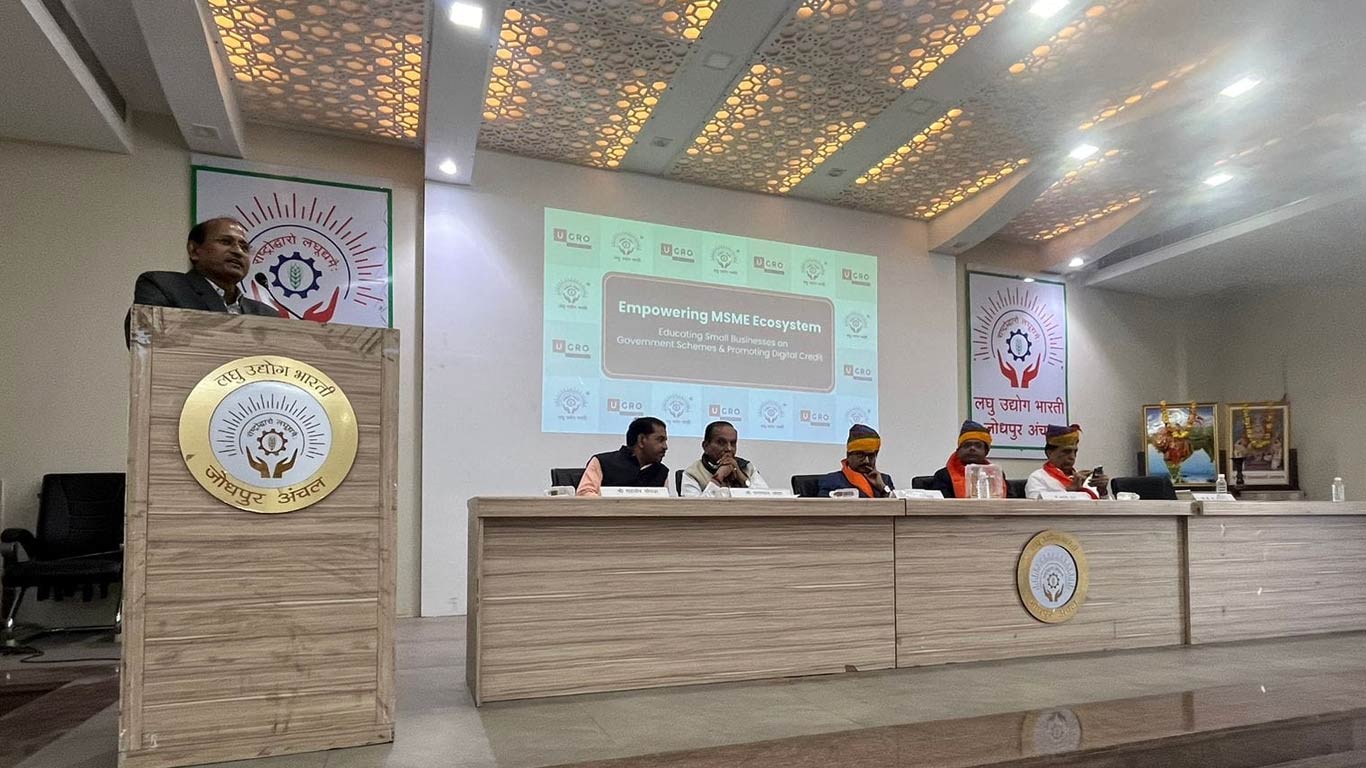Rajasthan Aims To Increase Share Of Solar Power In Electricity Consumption To 40% by 2030
Updated: May 07, 2024 04:18:18pm

Rajasthan Aims To Increase Share Of Solar Power In Electricity Consumption To 40% by 2030
Jaipur, May 7 (KNN) The Rajasthan government is aiming to significantly boost its reliance on solar energy in the coming years, with a target of increasing the share of solar power in the state's electricity consumption from the current 12-14 per cent to over 40 per cent by 2030, an official said.
The move is aimed at bridging the power gap in the state and reducing its dependence on purchasing expensive electricity from other states.
With urbanisation and industrial growth, Rajasthan's electricity demand is expected to increase by 8 to 10 per cent annually.
"In the next five years, we will be promoting schemes for developing solar production centres among the government and private sectors, as well as rooftop solar plant schemes," the official stated, reported BS.
These efforts are expected to reduce the state's reliance on coal-based power plants, aligning with the broader goal of transitioning towards cleaner energy sources.
As part of the initial phase of the PM Suryaghar Yojana (Solar House Scheme), subsidised rooftop solar systems are set to be installed in 500,000 households across Rajasthan. "In the upcoming phase, other consumers will be brought under the ambit of this scheme. We are also considering increasing subsidies and providing other benefits to raise awareness about rooftop solar plants," the official added.
Citing water scarcity in the state, the official emphasised the need to shift focus towards solar energy to meet the increasing demand for electricity, as new hydroelectric projects are not feasible.
Rajasthan, known for its vast stretches of land and intense solar radiation, boasts a solar energy generation potential of 142 gigawatts (GW).
As of December 2023, the state had an aggregate solar capacity of over 15,195 MW, with the best year being 2021-2022 when the commissioned solar energy capacity exceeded 5,398 MW.
(KNN Bureau)










